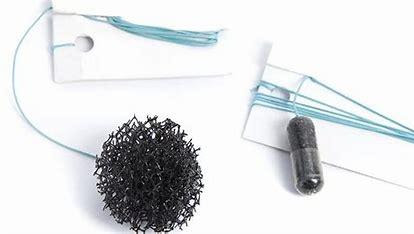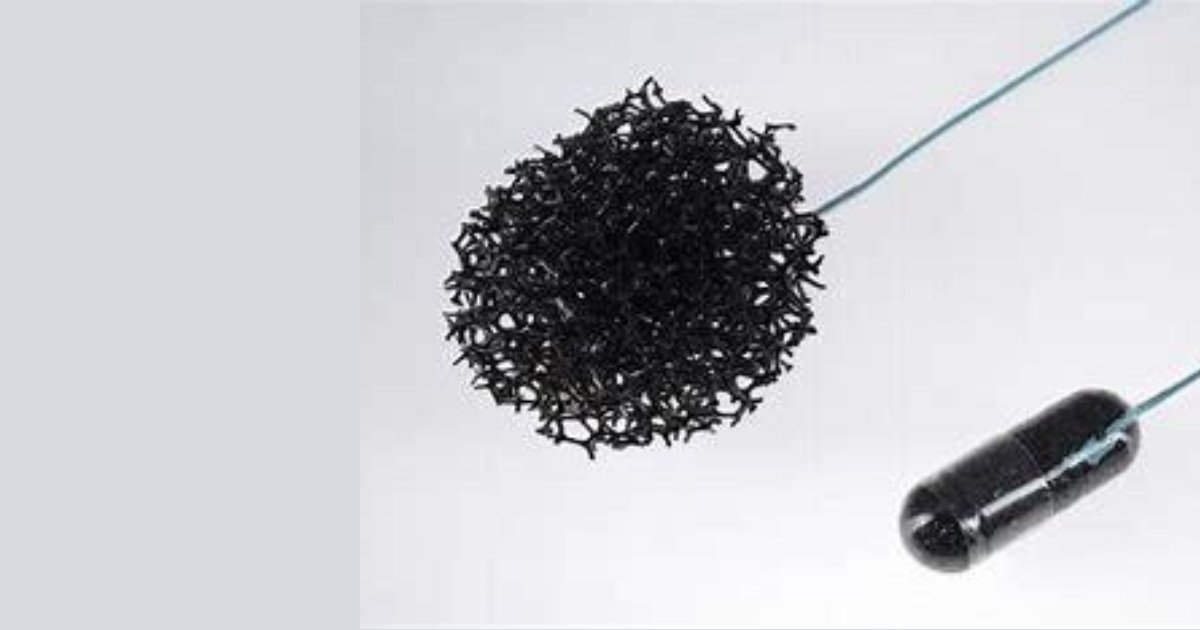
Esophageal cancer is the tenth most common cancer in the world which starts in one’s esophagus, the long muscular tube that moves food from your throat to your stomach. In most cases people do not notice symptoms until after the cancer has spread. In the UK, bowel cancer is the second biggest cancer killer. If detected early, the prognosis for such cases could be better wherein the healthcare providers may be able to eliminate the cancer with surgery and other treatments.
Barret’s oesophagus is a condition of the gullet which can be a precursor to oesophageal cancer. Eight out of ten patients who are diagnosed and treated for this type of cancer at an early stage will survive it for more than five years.
In comparison to a conventional endoscopic biopsy, the need of the hour is to have something which is more quick, cheap and comfortable to identify cases of Barret’s oesophagus and this has been achieved by Cyted which has developed a test kit known as ‘CYTOSPONGE’.

This is in the form of a pill-sized capsule attached to a length of fine thread. The patient ingests the capsule and most of the thread. Its cover dissolves in the stomach after a few minutes of ingestion, leaving a spherical rough sponge which collects a tissue sample from the oesophagus as it is pulled back up by the thread to be regurgitated.
In England and Scotland, the NHS is rolling out 3500 kits of cytosponge. NHS bodies are also working with Danish firm CorporateHealth International and West Midlands 5G on a pill-sized device containing two tiny cameras. Once it reaches the patient’s large intestine, this piece of smart tech will capture and send images straight to the lab for analysis via a 5G network, delivering what is known as a colon capsule endoscopy.

